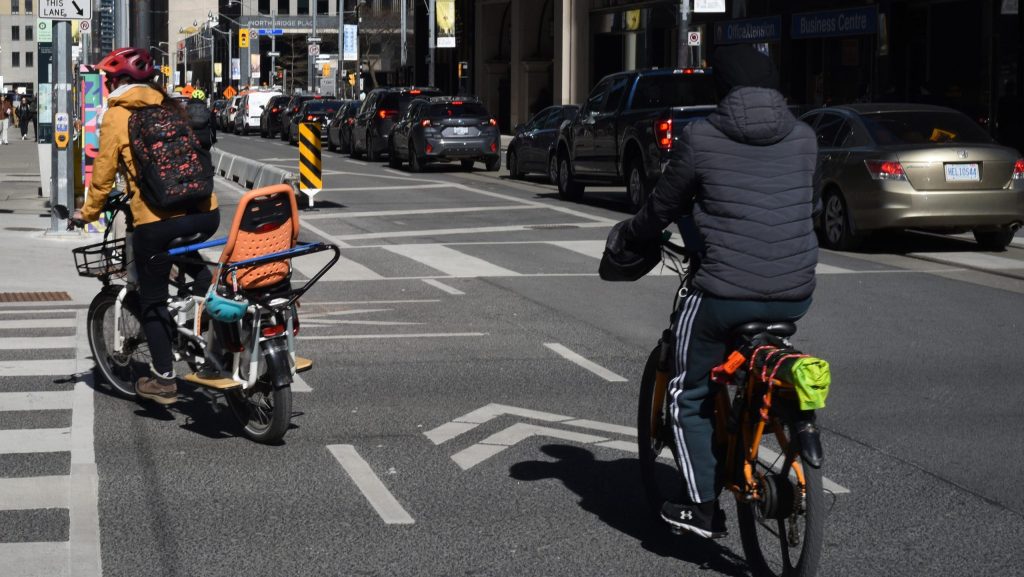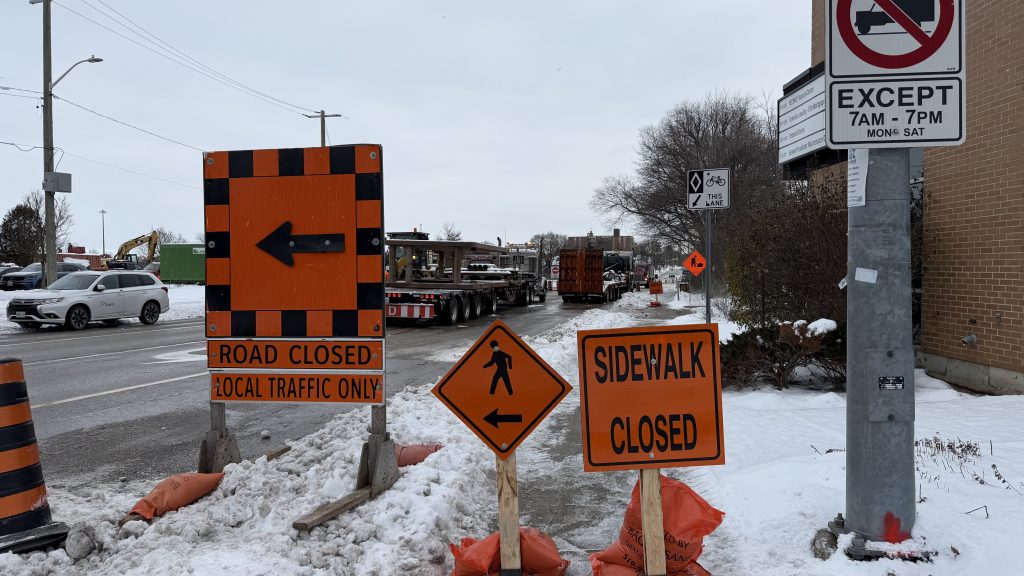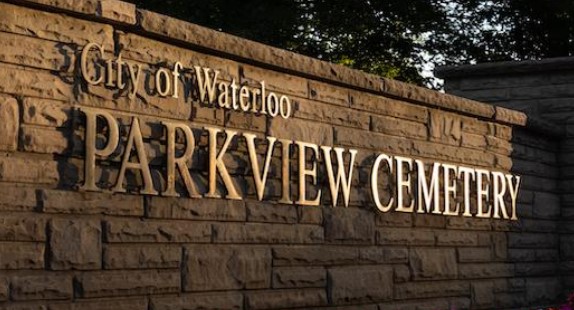Ontario plans to table legislation aiming to restrict bike lanes on city streets

Posted Sep 20, 2024 10:19:27 AM.
Last Updated Sep 23, 2024 10:32:36 AM.
The provincial government is planning to table legislation next month to restrict bike lanes on city streets, sources tell 680News Radio.
Ontario Transportation Minister Prabmeet Sarkaria was expected to address the matter at a press conference on Friday but remained tight-lipped about any future decisions.
“We continue, as always, to look at proposals to ease gridlock,” Sarkaria said.
Sources tell 680News Radio that the legislation, expected to be presented in October, will focus on preventing the introduction of bike lanes to replace vehicle lanes on roadways.
Toronto has been plagued by significant traffic congestion in recent months, with the ongoing construction on the Gardiner Expressway being particularly problematic for drivers trying to navigate the city.
Mayor Olivia Chow, an avid cyclist herself, has long advocated the implementation of more bike lanes on city streets. In June, Toronto’s city council approved several kilometres of new bike lanes despite several mayoral candidates, such as former Toronto police chief Mark Saunders, opposing the move.
This included close to 8.6 kilometres of bikeways, including along a stretch of Bloor Street West from Runnymede Road to just east of Kipling Avenue. As of May, the city was on track to deliver 75 kilometres by the end of this year.
Mayor Chow commented on the possible legislation being put forward by the Ford government on Friday.
“Cyclists have cars. They are using Bike Share, any number of different bikes, like e-bikes, to get around,” said Mayor Chow. “I can’t imagine what would happen if we yanked out some of the bike lanes. It would just make the congestion worse.”
Mayor Chow said she’s willing to work with the province to “look at ways to make it better.”
From 2018 to 2022, more than 96 kilometres of new bikeways were installed in Toronto. In 2022 alone, 18 kilometres were installed, and 21 kilometres were upgraded.
Toronto’s city council adopted the Cycling Network 2025-2027 Implementation Program on June 26.

Cyclist advocates sound alarm bells
Cyclists and advocates, meanwhile, have called for action to improve safety on Toronto’s streets following numerous fatalities and bikes struck by drivers on major roadways.
“As people on bikes this year have been killed in staggering numbers, it seems odd, and we suspect painful for the loved ones of those lost, to hear of plans to decrease cyclist safety rather than plans from the government to increase penalties for those that kill and maim on our roads,” said David Shellnutt, Toronto’s Biking Lawyer.
“In just the last month, we have seen cyclists killed in Belleville, Toronto, Guelph, and Niagara. This is to say nothing of the many pedestrians and motorists killed and injured across the province weekly as well.”
Advocates have long argued that enforcement should be consistent and more frequent and that more cameras should be used to combat illegal parking. In July, Toronto announced an increase in fines to help curb illegal parking, including raising the penalty for parking a prohibited vehicle on a bicycle path from $60 to $200.
City council also voted to double the number of speed enforcement cameras in Toronto from 75 to 150 by 2026.
Just this week, a 55-year-old female cyclist from Elora, Ont. died after she was struck by a pickup truck. Locally, a 26-year-old female cyclist died after a driver hit her as she rode her bike in Etobicoke. A memorial bike ride was held in her honour in Toronto, which resulted in a heated exchange between several riders and a police officer.
In response to various cyclist-related incidents, the city introduced several road safety projects, including its Vision Zero plan, which launched in 2016 and aims to reduce traffic-related fatalities and injuries.
With files from The Canadian Press








